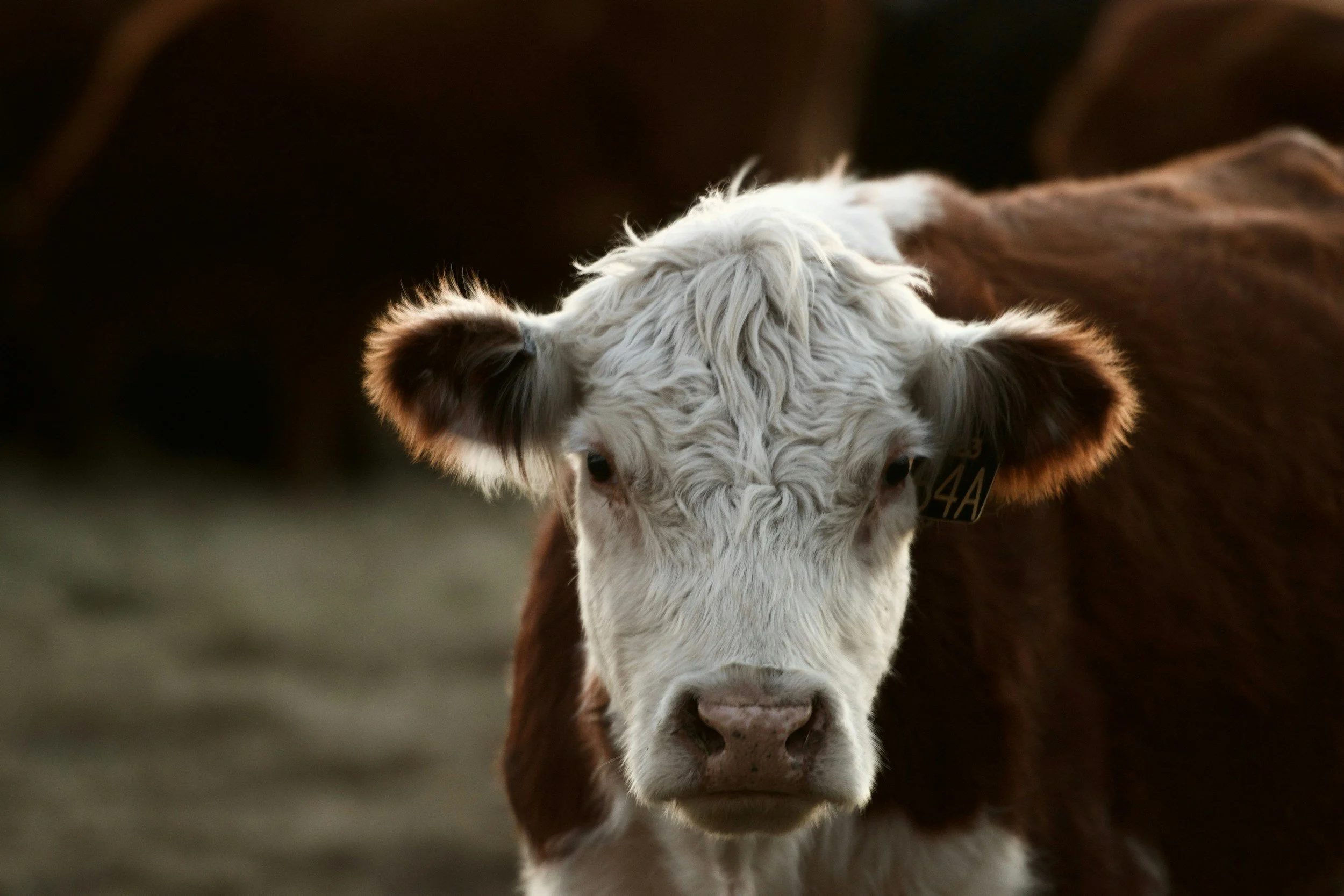Six critically endangered red wolves die in aftermath of fatal vehicle strike in North Carolina - now fewer than 20 remain in the wild
Conservationists say more wildlife crossings could help protect the long-term survival of the species, which is regarded as the most endangered wolf in the world.
Red wolf pups. Credit: Ryan Nordsven/ USFWS
A vehicle strike on a highway in North Carolina has led to the deaths of six of the most endangered wolves in the world.
In June earlier this year, a male red wolf known by wildlife officials as 2444M was struck and killed by a vehicle on Highway 64.
The deceased male wolf had recently become a father to five red wolf pups who were birthed by his breeding partner, a 2-year-old female red wolf known as 2413F.
Red wolves are monogamous and mate for life, and both parents participate in caring for their pups. After the death of her partner, the female wolf was likely unable to feed and care for her pups by herself as a first-time, single mother.
Now, the U.S. Fish and Wildlife Service has confirmed that the litter of five red pups has now died following their father’s death.
“One vehicle strike ultimately killed six wolves,” explains Will Harlan, a senior scientist at the Center for Biological Diversity, a nonprofit conservation organization. “The tragic deaths of these five pups shows how a single vehicle collision has ripple effects across the remaining red wolf population."
While thousands of red wolves once roamed across most of eastern North America, updated population estimates now state that there are fewer than 20 red wolves left in the United States.
An adult red wolf. Credit: LaggedOnUser
Past efforts to protect the species were generally successful. The Fish and Wildlife Service’s Red Wolf Recovery Program grew the wild population to more than 120 wolves.
But when the program was halted in 2015, the population subsequently crashed to as few as seven wolves.
The recovery program later resumed in 2021, but serious threats continue to endanger the species’ small population.
The Center for Biological Diversity says that red wolves need wildlife crossings and additional reintroduction sites to ensure their genetic health and long-term survival.
The group points out that vehicle collisions have become the leading cause of mortality for red wolves.
Highway 64, the site of the father wolf's fatal collision, runs through the heart of the red wolves’ only population. Five other red wolves have been killed by vehicles in the past 14 months, with nearly all of the incidents occurring along or near Highway 64.
As part of a campaign to help build wildlife crossings along Highway 64, the Center says it has already raised more than $1 million to fund them, along with an anonymous donor who has pledged to match up to $2 million.
Wildlife crossings along Highway 64 would also benefit other species, including black bears, bobcats, spotted turtles, and river otters. Studies have shown that wildlife crossings also help to reduce vehicle collision by 97 percent, making them safer for motorists too.
We Have A Favor To Ask…
Species Unite amplifies well-researched solutions to some of the most abusive animal industries operating today.
At this crucial moment, with worldwide momentum for change building, it’s vital we share these animal-free solutions with the world - and we need your help.
We’re a nonprofit, and so to keep sharing these solutions, we’re relying on you - with your support, we can continue our essential work in growing a powerful community of animal advocates this year.





